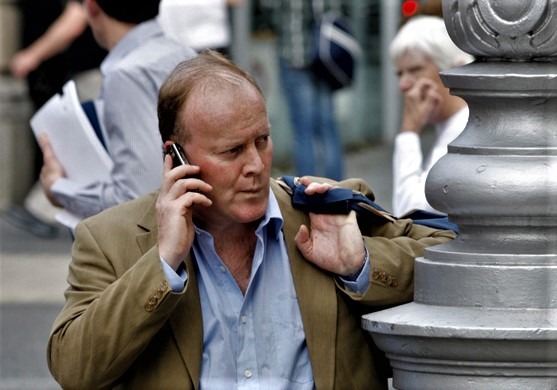On April 12, 2011 my flight from Dublin to Rome came to a standstill at Fiumicino airport. It was a short walk to the rail link that brought me to the heart of the eternal city. Already the memory of my bruising defeat in the Irish general election, a month previous, was beginning to fade. The memories would linger but the hurt had already dissipated. The Rome sunshine made me upbeat and, the following day, I would face into one of the most fateful appointments of my life – a job interview with one of the wealthiest men on the…
Cancel at any time. Are you already a member? Log in here.
Want to read the full story?
Unlock this article – and everything else on The Currency – with an annual membership and receive a free Samsonite Upscape suitcase, retailing at €235, delivered to your door.

